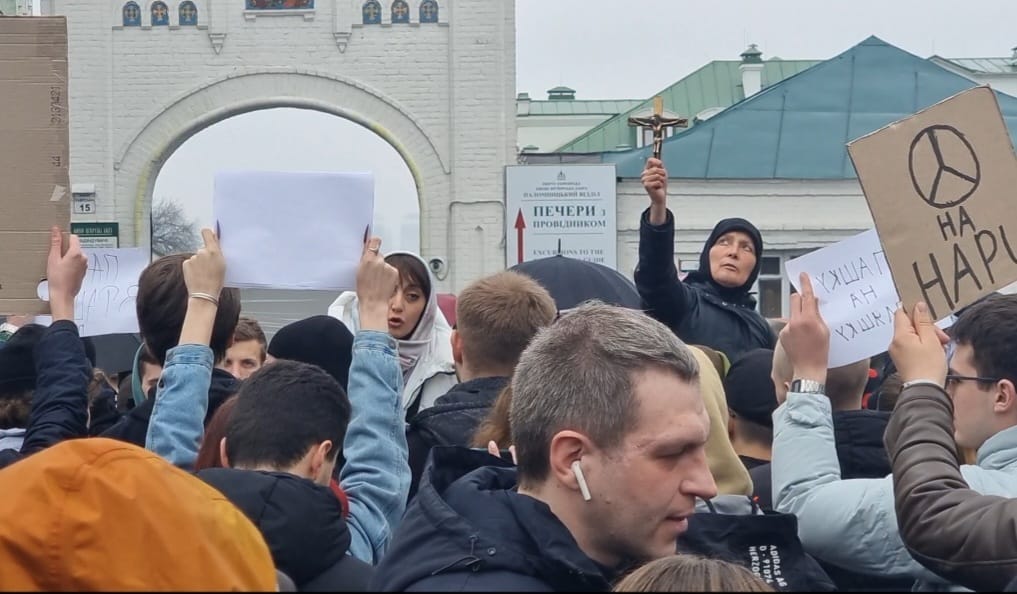Two months after my last trip to Ukraine, I am back in Kyiv. Part of the aim of coming is to organise our autumn charity project, Wild Bear Vets 2023, which will bring wounded Ukrainian veterans to Canada for wilderness skills training. But, on returning to the …
© 2025 Julius Strauss
Substack is the home for great culture




